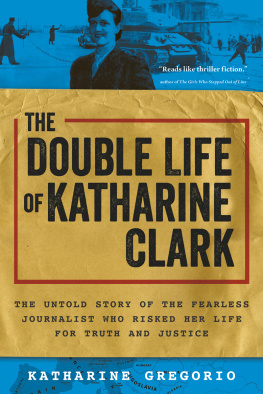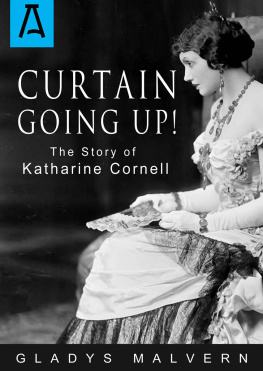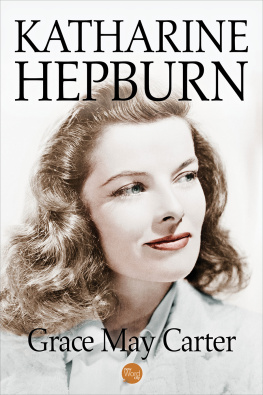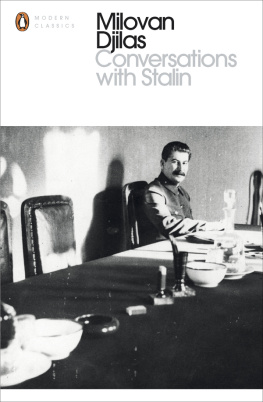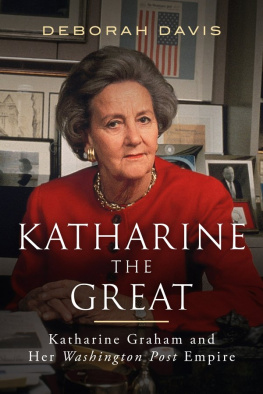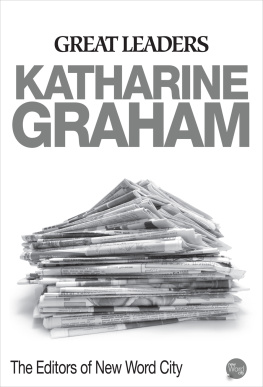Thank you for downloading this Sourcebooks eBook !
You are just one click away from
Being the first to hear about author happenings
VIP deals and steals
Exclusive giveaways
Free bonus content
Early access to interactive activities
Sneak peeks at our newest titles
Happy reading !
CLICK HERE TO SIGN UP
Books . Change . Lives .
Thank you for reading this Sourcebooks eBook !
Join our mailing list to stay in the know and receive special offers and bonus content on your favorite books and authors!
CLICK HERE TO SIGN UP
Books . Change . Lives .
Copyright 2022 by Katharine Gregorio
Cover and internal design 2022 by Sourcebooks
Cover design by Sarah Brody
Cover images Everett Collection/Shutterstock, Peteri/Shutterstock,
IntergalacticDesignStudio/Getty Images
Sourcebooks and the colophon are registered trademarks of Sourcebooks.
All rights reserved. No part of this book may be reproduced in any form or by any electronic or mechanical means including information storage and retrieval systemsexcept in the case of brief quotations embodied in critical articles or reviewswithout permission in writing from its publisher, Sourcebooks.
This publication is designed to provide accurate and authoritative information in regard to the subject matter covered. It is sold with the understanding that the publisher is not engaged in rendering legal, accounting, or other professional service. If legal advice or other expert assistance is required, the services of a competent professional person should be sought.From a Declaration of Principles Jointly Adopted by a Committee of the American Bar Association and a Committee of Publishers and Associations
Published by Sourcebooks
P.O. Box 4410, Naperville, Illinois 60567-4410
(630) 961-3900
sourcebooks.com
Library of Congress Cataloging-in-Publication Data
Names: Gregorio, Katharine, author.
Title: The double life of Katharine Clark : The untold story of the fearless journalist who risked her life for truth and justice /
Katharine Gregorio.
Description: Naperville : Sourcebooks, [2022] | Includes bibliographical references and index.
Identifiers: LCCN 2021052674
Subjects: LCSH: Clark, Katharine (Journalist) | Clark, Katharine (Journalist)--Friends and associates. | Djilas, Milovan, 1911-1995. | Foreign correspondents--United States--Biography. | Yugoslavia--Press coverage--United States. | Communism--Yugoslavia--Press coverage. | Europe, Eastern--Press coverage--United States.
Classification: LCC PN4874.C597255 G74 2022 | DDC 070.092 [B]--dc23
LC record available at https://lccn.loc.gov/2021052674
LIST OF KEY CHARACTERS
PRIMARY
Katharine Clark: correspondent for International News Service (INS), NBC, and the Washington Post and then a researcher at Readers Digest
Edgar Clark (Ed): correspondent for Time-Life, husband of Katharine Clark
Milovan Djilas: former vice president of Yugoslavia; author of The New Class, Land Without Justice, and Conversations with Stalin
tefanija Djilas (Steffie): wife of Milovan Djilas
Aleksa Djilas: son of Milovan and Steffie Djilas
SECONDARY
Politicians
Aneurin Bevan (Nye): leader of the British Labour Partys left wing
Vladimir Dedijer: Titos biographer, Central Committee member of League of Communists of Yugoslavia
Edvard Kardelj: vice president of Yugoslavia
Morgan Phillips: secretary of the British Labour Party
Josip Broz Tito: president of Yugoslavia
Publishers
William (Bill) Jovanovich: president of Harcourt, Brace, and World, which became Harcourt, Brace, Jovanovich. Published Land Without Justice and Conversations with Stalin, among many others
Felix Morrow: New York publisher, University Books. Served as Milovans agent for Land Without Justice
Frederick Praeger: New York publisher, Frederick A. Praeger. Published The New Class
Newsmen
Stella Alexander: writer and friend of Steffie Djilas
James Bell: bureau chief in Bonn, Germany, Time-Life
Stojan Bralovic: correspondent in Belgrade, United Press International
Al Friendly: managing editor, Washington Post, and Eds classmate at Amherst
Milton Kaplan: features editor in New York, INS
Joseph Kingsbury-Smith: chief of correspondents, INS
Paul Underwood: New York Times correspondent in Eastern Europe and friend of the Clarks
CONTENTS
AUTHORS NOTE
Like many of us, I grew up hearing family stories, but it wasnt until I was an adult that I discovered my great-aunt Katharine Clark had a secret. An award-winning foreign correspondent who overcame personal obstacles and social expectation to pioneer a career in a mans profession, Katharine provided essential eyewitness reports of postwar Europe and life behind the Iron Curtain to the American public at the height of the Cold War. As I investigated her life, after spotting a plaque for a special collection with Katharines and my great-uncle Eds name in the basement of Georgetown Universitys library in 2003, I discovered one of the most unusual adventure stories of the Cold War, one that has gone untold until now.
While posted in Belgrade in the mid-1950s, Katharine befriended a man who by many definitions appeared to be her enemy. But she saw something in Milovan Djilas, a high-ranking Communist leader who dared to question the ideology he helped establish, that made her want to work with him. It became the assignment of her lifetaking her on a journey from amanuensis and editor to friend and advocate. Along the way she ferried his ideas to the West: pitching articles, pigeoning mail, and smuggling manuscripts out of Belgrade. The papers she helped shepherd included Land Without Justice, Milovans autobiography of his youth, and The New Class, his first political book, which carried a powerful analysis of the Communist system. Published in August 1957, The New Class blasted the Cold War world order with a criticism of Communism from an unimpeachable source, making it an instant bestseller in the West and automatically banned in Communist countries. It eventually sold over three million copies across translations into more than sixty languages.
The events in the pages that follow are remarkable as much for their unpredictability as for the fact that they really occurred. Anything between quotation marks comes from diaries, cables, correspondence, newspaper and magazine articles, or other documents as written.
This story takes place primarily in Yugoslavia, a country that no longer exists but that, from 1918 to 1992, comprised landmass now recognized as the countries of Bosnia and Herzegovina, Croatia, Kosovo, Macedonia, Montenegro, Serbia, and Slovenia. Due to the nature of the job of a correspondent and the fact that important events were taking place in the region outside of Yugoslavia, there is travel to neighboring countriesAustria, Bulgaria, Germany, Hungary, and Poland. It is in this movement where we see two very different worldsEast and West, Communist and democraticexhibiting the divide Winston Churchill described in his speech at Westminster College in Fulton, Missouri, on March 5, 1946: From Stettin in the Baltic to Trieste in the Adriatic, an iron curtain has descended across the Continent. Behind that line lie all the capitals of the ancient states of Central and Eastern Europe. Warsaw, Berlin, Prague, Vienna, Budapest, Belgrade, Bucharest and Sofia, all these famous cities and the populations around them lie in what I must call the Soviet sphere, and all are subject in one form or another, not only to Soviet influence but to a very high and, in many cases, increasing measure of control from Moscow.
Next page
